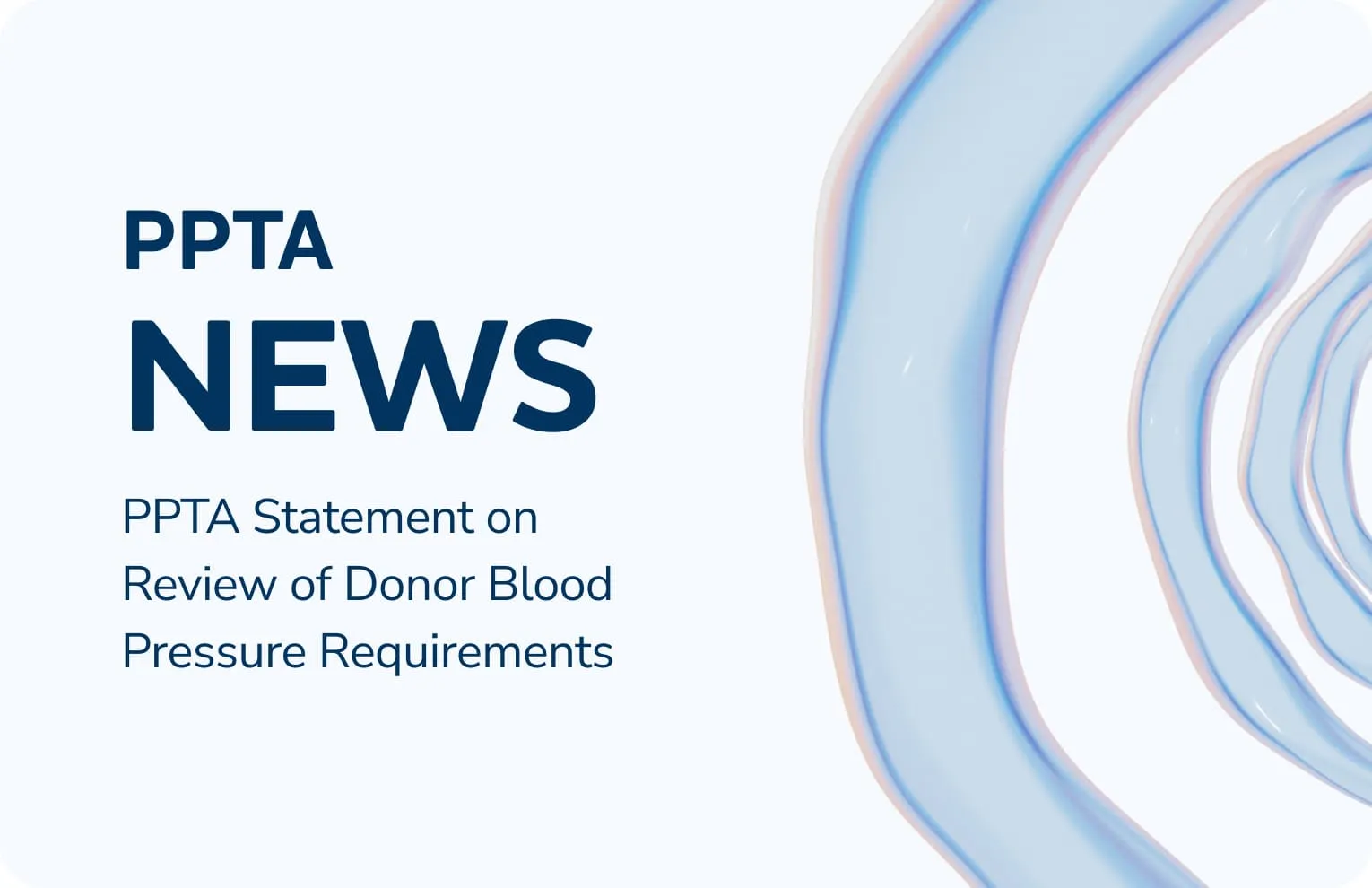Canada has a stated commitment to increasing the amount of plasma collected within its borders, which PPTA applauds. In furtherance of this goal, PPTA encourages provinces where compensation is still banned – British Columbia, Ontario, and Quebec – to take decisive action and follow Alberta’s lead. Currently, around 14% of the immune globulin (Ig) used by Canadian patients is made from plasma collected in Canada. The difference is made up by importing products from compensated donors in the U.S.
This imbalance is also quite notable in Europe where, according to the Marketing Research Bureau, less than two-thirds of the immune globulin (Ig) used by patients in the EU is made from plasma collected in the EU. Only four EU Member States – Austria, the Czech Republic, Germany, and Hungary - permit compensation for plasma donors. The difference is made up using products from compensated donors in the U.S. PPTA once again calls on EU Member States that consume a significant volume of product made from U.S. plasma to address antiquated policies that hinder the collection of source plasma, including but certainly not limited to, banning compensation, as Alberta has done.
“Alberta’s legislation is an impactful step at a time when the need for plasma is more urgent than ever before,” said Amy Efantis, PPTA President & CEO. “Greater clinical need for traditional therapies, coupled with potential hyperimmunes that could treat COVID-19, require ever-larger numbers of donations. At the same time, plasma donations have fallen due to the impacts of social distancing measures and mobility restrictions caused by the ongoing COVID-19 pandemic.1,2 PPTA repeats its calls on Canadian provinces and other national governments to eliminate barriers to plasma collection, including outdated bans on compensation so that plasma collectors – public and private – are able to use all available tools to increase collection to better serve patients who depend on them.”
[1] Cherney, Mike. “Coronavirus Pandemic Slashes Donations of Lifesaving Plasma.” Wall Street Journal, August 19, 2020.
[2] U.S. Department of Health and Human Services, Food and Drug Administration, Center for Biologics Evaluation and Research. (2020, April). Alternative Procedures for Blood and Blood Components During the COVID-19 Public Health Emergency; Guidance for Industry. https://www.fda.gov/media/136603/download
Created on December 11 2020.





